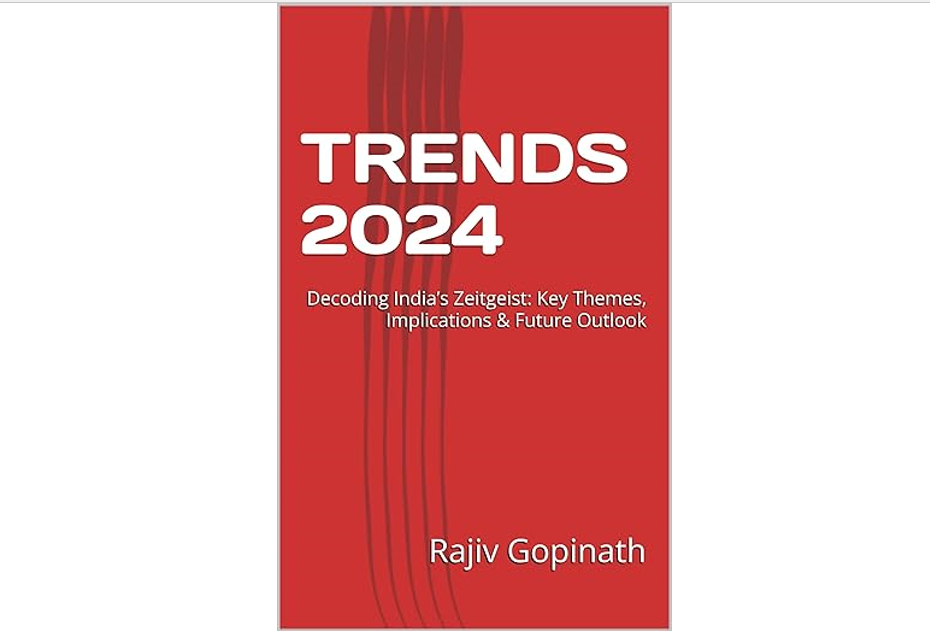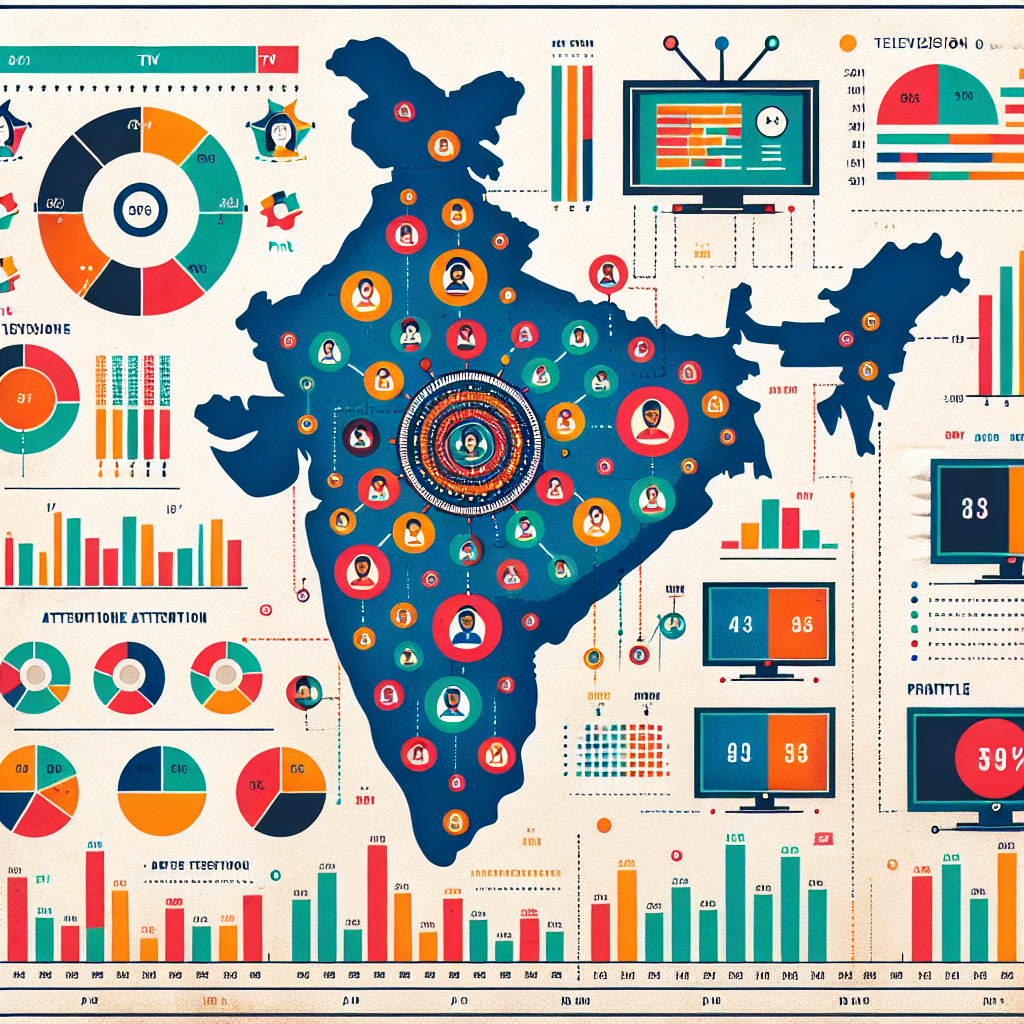How GDPR & CCPA Are Changing Digital Marketing Practices
It was a seemingly ordinary morning in Ray's marketing career when he received an urgent email from the legal department. A European customer had requested complete deletion of their data under something called "GDPR," and the company had 30 days to comply—or face potentially devastating fines. As Ray scrambled to understand what data they had, where it was stored, and how to properly remove it while maintaining marketing operations, he realized just how unprepared their systems were for the new privacy landscape. That frantic week became a turning point in his professional journey, igniting a deep fascination with the intersection of data privacy regulations and marketing practices—one that continues to shape his approach to digital strategy today.
Introduction
The digital marketing landscape has undergone a seismic shift with the implementation of landmark privacy regulations: the European Union's General Data Protection Regulation (GDPR) in 2018 and the California Consumer Privacy Act (CCPA) in 2020. These frameworks represent the most significant regulatory challenges to data-driven marketing in decades, fundamentally altering how organizations collect, process, and leverage consumer information.
As Professor Daniel Solove of George Washington University Law School notes, "These regulations reflect a paradigm shift from treating personal data as a corporate asset to recognizing it as an extension of individual identity deserving protection." With global data creation projected to exceed 180 zettabytes by 2025 according to IDC research, the stakes for marketers navigating this new landscape could not be higher.
Key Impacts on Digital Marketing
1. The Transformation of Consent Mechanisms
GDPR's requirement for "freely given, specific, informed and unambiguous" consent has rendered traditional opt-out models obsolete. Marketing teams have been forced to redesign user interfaces, communications, and data collection processes to accommodate explicit consent requirements.
Research from the CMO Council indicates that 78% of global brands have overhauled their lead generation forms since GDPR implementation, with the average form length decreasing by 23%. Unilever, for example, unified its consent management platform across 400+ brands and 190 countries, implementing a granular preference center that allows consumers to control precisely what communications they receive—a project that required over 18 months and significant investment.
Stanford behavioral economist Dan Ariely observes that "these changes create a natural experiment in how friction affects consumer decision-making," noting that more transparent consent mechanisms have actually increased quality of engagement while reducing raw volume.
2. The Evolution of Data Minimization Strategies
Both GDPR's data minimization principle and CCPA's requirement to disclose data collection purposes have forced marketers to critically evaluate what consumer information is truly necessary. Marketing teams increasingly operate under the principle of "need to know" rather than "nice to know."
Adobe's 2023 Digital Trends Report found that 67% of enterprise marketing departments have conducted formal data audits, eliminating an average of 34% of previously collected customer data points deemed unnecessary for core business functions. Procter & Gamble publicly committed to reducing its consumer data collection by 50% while maintaining marketing effectiveness through more sophisticated analysis of fewer, more relevant data points.
Professor Stefano Puntoni of Rotterdam School of Management notes, "This constraint is driving more creative approaches to segmentation and targeting that rely less on personal identifiers and more on contextual signals and aggregate patterns."
3. The Rise of First-Party Data Ecosystems
As third-party cookies face extinction and privacy regulations constrain data sharing, organizations have pivoted toward first-party data strategies that build direct relationships with consumers. This shift rewards brands with strong value propositions for data sharing.
Nike has exemplified this approach through its membership program, which provides exclusive content and personalized recommendations in exchange for consumer data shared under transparent terms. According to Forrester Research, companies with mature first-party data strategies now report 2.9x higher conversion rates and 1.5x greater customer lifetime value compared to competitors relying primarily on third-party data.
4. The Emergence of Privacy as a Competitive Advantage
Forward-thinking brands have recognized that privacy compliance can transcend legal obligation to become a market differentiator. Marketing thought leader Mark Schaefer observes that "privacy is becoming the new green—a value that consumers increasingly factor into purchasing decisions."
Apple's "Privacy. That's iPhone." campaign exemplifies this approach, prominently featuring privacy protections in product marketing. A 2024 McKinsey study found that 64% of consumers are more likely to trust and purchase from companies that proactively communicate their data protection practices—up from 40% in pre-GDPR 2017.
Strategic Frameworks for Compliance
The most successful organizations have moved beyond tactical compliance to implement strategic frameworks integrating privacy into their marketing DNA. The "Privacy by Design" approach, developed by former Ontario Privacy Commissioner Ann Cavoukian and now mandated by GDPR, embeds privacy considerations into marketing systems and campaigns from inception rather than as an afterthought.
Leading brands like Microsoft have implemented "Privacy Impact Assessments" as standard procedure before launching new marketing initiatives. These structured evaluations examine potential privacy risks and mitigation strategies before campaigns go live.
Harvard Business School professor John Deighton proposes the "Three T's" framework for privacy-compliant marketing: Transparency (clear disclosure of data practices), Trust (consistent adherence to stated policies), and Trade (delivering clear value in exchange for data shared).
Future Trajectory
As additional regulations emerge globally, marketing organizations face the challenge of navigating an increasingly complex compliance landscape. The American Data Privacy Protection Act (ADPPA) and similar legislation pending in India, Brazil, and elsewhere suggest the privacy revolution is only beginning.
AI-driven marketing technologies add additional complexity, with regulations like the EU's AI Act creating new compliance considerations for algorithmic marketing systems. Professor Avi Goldfarb of the University of Toronto observes that "the intersection of AI and privacy regulation represents perhaps the most significant challenge facing digital marketers in the coming decade."
Conclusion
GDPR and CCPA have fundamentally altered the digital marketing landscape, transforming practices around consent, data collection, customer relationships, and competitive positioning. Organizations that view these regulations merely as compliance burdens miss the strategic opportunity to build consumer trust and differentiation in an increasingly privacy-conscious marketplace.
As consumer awareness of data rights continues to grow and regulatory frameworks expand globally, privacy-centric marketing approaches will likely shift from competitive advantage to baseline expectation. The marketers who thrive will be those who embrace these constraints as catalysts for more thoughtful, value-driven customer engagement.
Call to Action
The evolving privacy landscape demands proactive engagement from marketing leaders:
- Conduct a comprehensive audit of your marketing data ecosystem, identifying what personal information you collect, where it resides, and how it flows through your organization
- Implement unified consent management across all customer touchpoints, creating transparency and control that builds trust
- Develop clear value propositions that articulate the benefits consumers receive in exchange for sharing their data
- Invest in privacy expertise within marketing teams, recognizing that compliance is now a core marketing function rather than solely a legal concern
- Engage with industry associations and regulatory bodies to help shape the future of privacy frameworks in ways that balance consumer protection with marketing innovation
By embracing privacy as a cornerstone of customer relationships rather than a regulatory burden, marketers can transform compliance into competitive advantage in the privacy-first era.
Featured Blogs

TRENDS 2024: Decoding India’s Zeitgeist: Key Themes, Implications & Future Outlook

How to better quantify attention in TV and Print in India

AI in media agencies: Transforming data into actionable insights for strategic growth

How the Attention Recession Is Changing Marketing

The New Luxury Why Consumers Now Value Scarcity Over Status

The Psychology Behind Buy Now Pay later

The Rise of Dark Social and Its Impact on Marketing Measurement

The Role of Dark Patterns in Digital Marketing and Ethical Concerns








